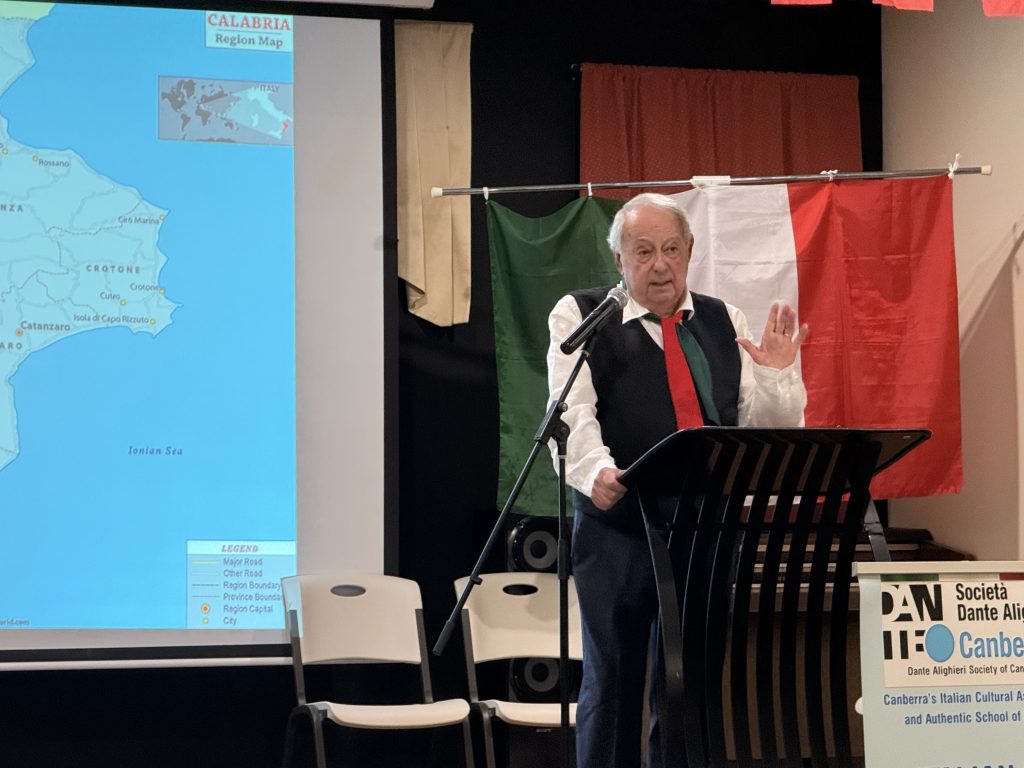The expression to feel like [doing something] is commonly used in English. There are a couple of ways of translating it into Italian. Check out these examples.
I don’t feel like going out in the rain = non mi va di uscire con la pioggia
They don’t feel like travelling overseas yet – they are scared of catching the virus = non se la sentono ancora di andare all’estero – hanno paura di prendere il virus [sentirsela (di fare qualcosa) is a reflexive verb]
You may have noticed that the verb sentire can be used in a number of contexts with different meanings, including to hear and to feel (healthwise). It can be transitive or reflexive. Here are some examples:
non ho bisogno di un apparecchio acustico perché sento ancora bene = I don’t need a hearing aid because I can still hear well; la nonna non ci sente affatto ma si rifiuta di mettersi l’apparecchio acustico = grandma can’t hear us at all but she refuses to wear the hearing aid
senti le grida dei manifestanti? = do you hear the shouts of the demonstrators? [NB the Italian word for shout is masculine in the singular and feminine in the plural – grido/grida, like braccio/braccia – a peculiarity!]
ho sentito dire che quel politico è corrotto – tu lo sapevi? = I heard that [literally I’ve heard it said] that politician is corrupt – did you know it?
come ti senti oggi? Ho sentito che ieri eri a letto = how do you feel today? I heard that yesterday you were in bed.
Yvette Alberti




